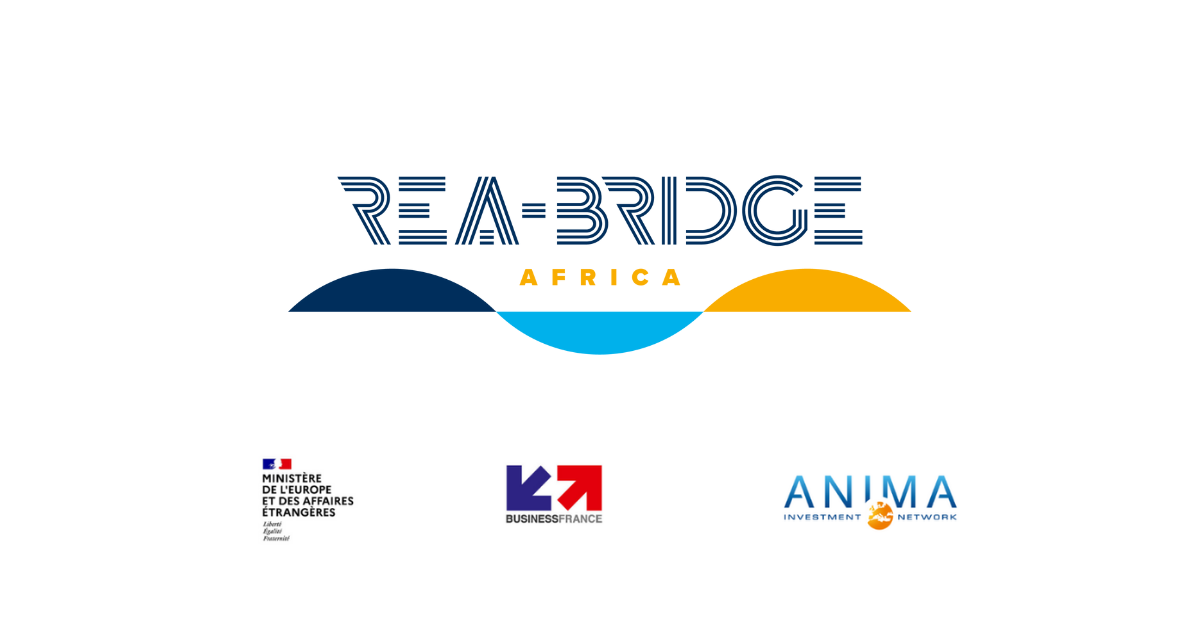Horizon 2020 is the EU’s 80 billion Euro research fund which supports scientific research and innovation. According to its website, the goal is to “ensure Europe produces world-class science, removes barriers to innovation and makes it easier for the public and private sectors to work together in delivering innovation.”
In addition to applicants from EU Member States, research and innovation actors from 16 Associated Countries can apply for funds from Horizon 2020. Tunisia is the only MENA (Middle East and North Africa) nation that is eligible to apply for these funds.
The Tunisian government knows that Horizon 2020 is an important strategic opportunity to build the national research capacity.
In a context of significant socio-economic challenges, Tunisia has maintained a relatively high level of R&D intensity compared to other countries in the MENA region. Tunisia’s academic and scientific researchers have done impressive work on areas like marine research, agriculture, water and health. However, GERD (Gross Domestic Expenditure on R&D) did not exceed 0.60% of GDP in 2016.
Against this background, The European Commission (DG Research & Innovation) working with Tunisia’s Ministry of Higher Education and Scientific Research, commissioned Technopolis Group [ML1] [PE2] to study the factors influencing the engagement of the Tunisian research community with Horizon 2020, and to strengthen the capacities of the Tunisian research actors to engage with Horizon 2020. Another objective was to provide the Ministry with recommendations on how to create long-term working relationships with the Tunisian diaspora. Eventually, the peer learning exercise comprised Belgium (Brussels), France, Germany, Italy and Poland.
The project team contacted 140 Tunisian researchers and carried out in-depth interviews with 36 of them. This gave a useful overview of the sector, helped identify strengths and weaknesses and formed a basis for drawing up a series of recommendations for specialist training.
Challenges for scientific research in Tunisia
Perhaps the main challenge facing Tunisian researchers is cultural: Horizon 2020 competition is tough and it can seem hard to those who haven’t a long tradition of bidding for competitive funding The understanding of what is required to secure Horizon 2020 funding is not well developed in the Tunisian research community, resulting in a lower than expected amount of Horizon 2020 money having so far been secured. It is this “understanding deficit” that the Technopolis Group project analysed and addressed.
Tunisia lacks the appropriate incentives to encourage scientific, and industrial, researchers to participate in the EU’s Horizon 2020 funding programme. Tunisian researchers reported that they found it easier to apply to national funding sources rather than Horizon 2020 (the EU’s application process is particularly detailed). The Tunisian government has not yet linked its national funding system to stimulate applications to Horizon 2020 – such as a fee for working on funding applications or matched funding.
One of the structural challenges that were identified was the fact that Tunisian researchers work for National Contact Points on a voluntary basis and don’t get compensated for investing a lot of time and energy into Horizon 2020 applications. This was addressed by discussing the issue with the Tunisian authorities, who realise it is a key challenge, and also connecting Tunisian researchers to peer researchers in EU Member States with experience in the Horizon 2020 application process.
Technopolis Group’s research findings
Technopolis Group found a mixed profile of research actors: a small group of research “champions” already connected with international research and involved in Horizon 2020 projects. This small group of leaders include the research organisations INAT, CERTE, ISBST and Institut Pasteur and their work covers marine research, agriculture, water and health. These players have developed strategies to overcome administrative and financial management difficulties and have successfully accessed some Horizon 2020 money.
The other researchers knew about Horizon 2020, and they are certainly interested, but they’re not connected with international research and lack experience in fundraising. Researchers in the humanities and social sciences had the lowest level of awareness about Horizon 2020 and the least developed international networks.
Most of Tunisia’s researchers have the culture of relying on public funding for their research; and many of the connections that research and development actors, based in other countries, have with industry were absent.
Technopolis Groups’ project helped address these challenges by building the capacity of Tunisian National Contact Points as well as researchers, and the whole research system, exposing them to the competitive-based system in Europe and connecting them with research networks in Europe.
Understanding the needs of the research and innovation actors, as well as of the National Contact Points, led to the development of a training programme and study visits. The training aimed to build skills (and improve governance of the National Contact Points) and consisted of a two-day training workshop for 22 delegates, nine events with the Tunisian research and innovation actors and a study visit.
One of the participants provided this feedback after the training workshop: ”We are notably suffering from the degree of centralisation of our scientific system. There is an effort on the part of universities to decentralise, but more needs to be done to move forward and try to change, to get academics and people, in general, more interested. The Horizon 2020 programme can change the landscape in a radical and beneficial way for the country”.
A Study Visit to Italy (Rome) was arranged and the agenda included a meeting with Fabrizio Nicoletti, the Director-General for Innovation and Research at Italy’s Ministry of Foreign Affairs, the director of Italy’s National Contact points, as well as visits to a series of scientific research centres in Rome to discuss, amongst other things, tools and best practices.
The future
Perhaps, in the not too distant future, Tunisia will become an example to other countries in the region about how a nation can increase its national income and create jobs by connecting research and innovation to industry and new business development.




